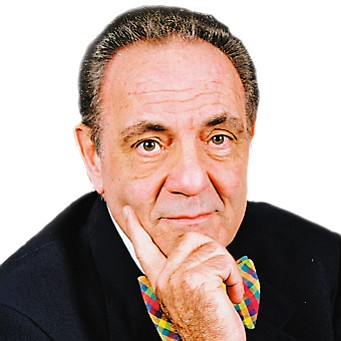Dear Mr. Berko: I just retired at age 67, and my certified public accountant, who is a friend, insists that I hire a money manager to run my $680,000 individual retirement account. Do you have any idea how difficult it is to find a money manager to trust? I trust your recommendations, so could you please suggest a money manager in Cleveland?
Lastly, could you tell me what the Dow Jones industrial average will do when the Federal Reserve raises interest rates this year? With unemployment at 5.4 percent, which matches pre-Great Recession numbers, higher rates seem to be a certainty pretty soon.
— GD, Cleveland
Dear GD: In the past dozen days, I’ve completed a proprietary, statistically skewed, unprofessional survey of 11 money managers, eight of whom have egos that would make Donald “Donboy” Trump blush. Most believe that when the Fed raises rates, the industrial and utility averages will fall like tears from a tall camel’s eyes. And nine of those magnificent 11 believe that the Fed will raise rates too soon, causing the Dow to crash to the 15,000 level. However, two of them believe that the averages will rise when rates are increased.
The following is an adage I just made up: “The market will always do what it’s expected to do but never do it when it’s expected to.” So it follows that because most folks expect the market to fall when the Fed increases rates, the Dow may actually rise when rates are increased. The two dissenters figure that the higher interest rates could allow the industrials to caress the 21,000 mark by 2016.



